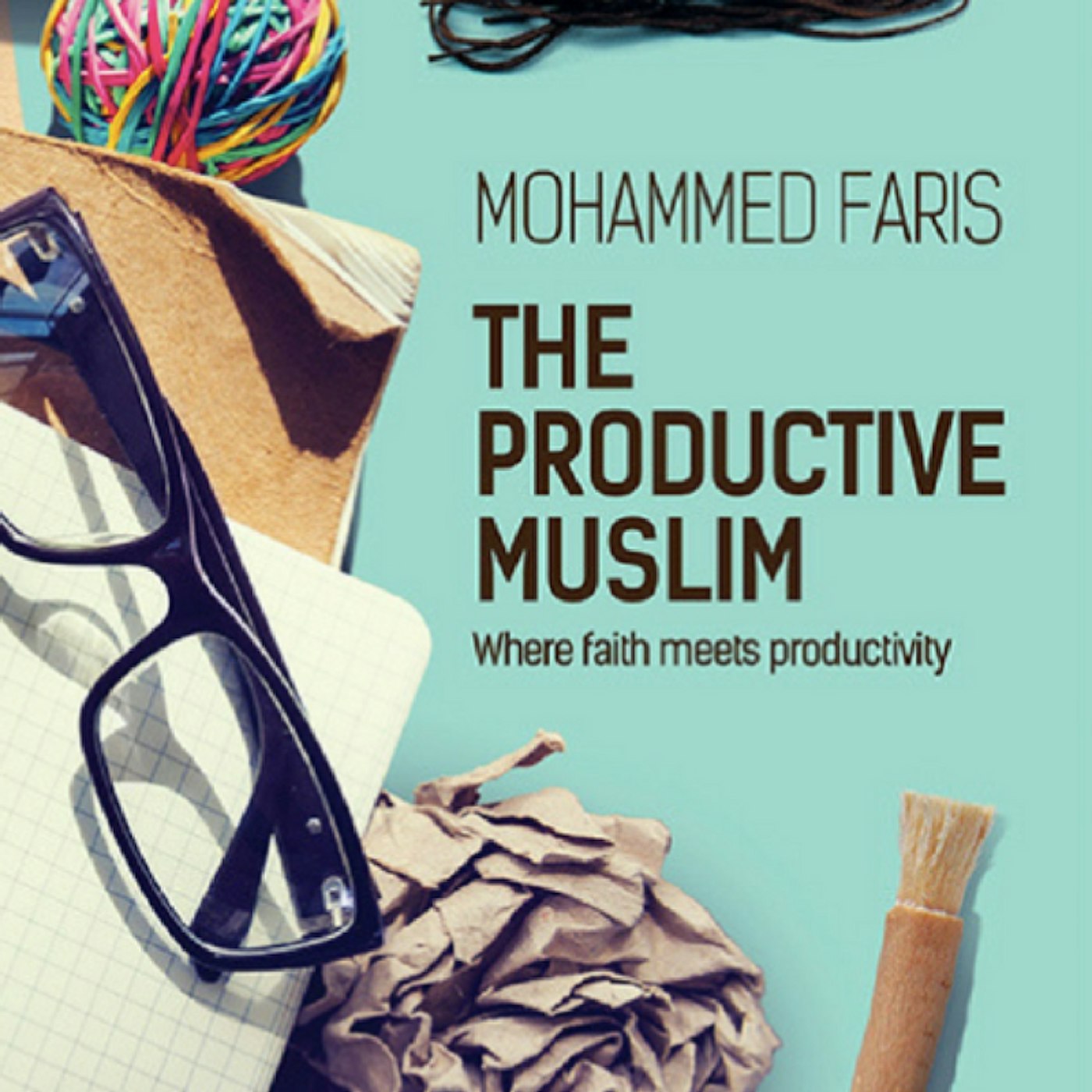Book Review & Reflections of the Productive Muslim Book
by Halimat Shode in Culture & Lifestyle on 11th July, 2017

“In ‘The ProductiveMuslim’ Mohammed Faris, the founder of ProductiveMuslim.com, provides this practical framework that helps urban global Muslims lead a productive lifestyle Spiritually, Physically, and Socially.”
In this current age of productivity, we have various tools and methods in abundance on how to balance our careers, social lives, family affairs, health and so much more. But in all of this dialogue, very little attention is paid to incorporating our spiritual lives into this quest for productivity.
Is your soul nourished?
I believe a nourished soul is the best contribution to our success in life; one that is focused on pleasing the Creator and living a life of purpose that He has set out for us. Our busy lives in the Western world makes it challenging for us to maintain Islam as a way of life and have constant remembrance of our Lord, but it is up to us to find a way to balance our mind, bodies and souls.
When I haven’t done more than the bare minimum and pushed myself to connect with Allah, I feel the effects on myself and work I put my effort into. It can be compared to lethargy, and a lack of focus also takes place.
Enter the Productive Muslim, a book written by brother Mohammed Faris designed to make the quest for productivity one that is led by your Islamic faith. For me, it felt like a great time to read it as I had recently graduated from University and was starting another step in my life.
On completing the book, I was impressed with how manageable the steps were. I knew that I would need to revisit it in order to practice the advice he shared, and gain more benefit from it. So in this brand new series, I hope to bring you inspiration from the chapters in the book on how I am personally using it and general reflections on self-improvement.
In one of the early chapters titled, “Spiritual Productivity” Faris intends to show the reader how their spirituality can directly impact their productivity for the better. He breaks down this concept into three parts;
Spiritual energy – The energy you get from drawing closer to Allah.
Spiritual focus – Your focus for this life and the hereafter.
Spiritual time – Appearing to have ‘extra’ time in the day to achieve things that not everybody else can.
“You can have all the energy, focus, and time you need to get things done, but without barakah you won’t be able to achieve as much as you could,” Faris states (pg 45) He goes on to say that barakah is the link between our spirituality and productivity.
This was a reminder to me and hopefully the readers, that barakah (blessings) must always be sought out in order to be guided in your journey and avoid having wasted efforts. Although it is spiritually focused, Faris has a practical application for each area, that means you are working on your daily personal habits and practicing them wherever you may be.
Halimat Shode
Halimat Shode is the founder of a quarterly on-line publication and platform dedicated to representation of Black Muslims in the UK, The Black Muslim Times.